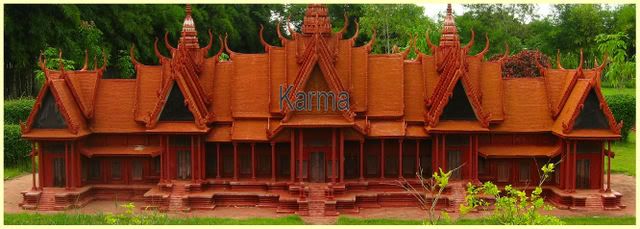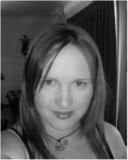My Favourite Shop! What's Yours>?
Yesterday I had to see the lawyer again. I will propbably need to see her once, maybe twice then... that's it! It over, it's finished! DONE! 18 months of my life... agh! BUT I have gained so much life experience from this!
Neil my amazing man (he really is) picked up my kids at daycare and school yesterday after work. He had them colouring in and watching cartoons when I walked in the door! So sweet. I brought him a big yellow flower (don't know the name of it, lol) from the city!

While I was waiting for the lawyer I went searching for inspiration in borders book store! OMG I love that store! It is my favourite shop! My favourite sections are; 1.ART (text books and mags). 2.Buddism 3. Psychology - self help.
Sooooo cool! Imagine if you had alot of $$$$ and could buy what ever u wanted OMG! I would go off (like Neils says; 'go off like a frog in a sock'. They have some beautiful cards and stationary and some awesome audio CD's.
Love that place
so much knowledge
so much inspiration
all in the one place!
Heaven :)
Then I am a mission to find 'that' perefect book.
I brought these two books yesterday: I have an interest in Cambodia atm! My friend in going to Cambodia in October to experience the culture and the 'post' effects of war etc! I was thinking about joining her! BUT....
~I really want to go to Tibet / Nepal at the end of NOV, early DEC for my 30th birthday! ~
Anyway the books:
First They Killed My Father: A Daughter of Cambodia Remembers
Written in the present tense, First They Killed My Father will put you right in the midst of the action--action you'll wish had never happened. It's a tough read, but definitely a worthwhile one, and the author's personality and strength shine through on every page. Covering the years from 1975 to 1979, the story moves from the deaths of multiple family members to the forced separation of the survivors, leading ultimately to the reuniting of much of the family, followed by marriages and immigrations. The brutality seems unending--beatings, starvation, attempted rape, mental cruelty--and yet the narrator (a young girl) never stops fighting for escape and survival. Sad and courageous, her life and the lives of her young siblings provide quite a powerful example of how war can so deeply affect children--especially a war in which they are trained to be an integral part of the armed forces. For anyone interested in Cambodia's recent history, this book shares a valuable personal view of events.
When Broken Glass Floats: Growing Up Under the Khmer Rouge
Chea, how come good doesn't win over evil?" young Chanrithy Him asks her sister, after the brutal Khmer Rouge have seized power in Cambodia, but before hunger makes them too weak for philosophy. Chea answers only with a proverb: When good and evil are thrown together into the river of life, first the klok or squash (representing good) will sink, and the armbaeg or broken glass (representing evil) will float. But the broken glass, Chea assures her, never floats for long: "When good appears to lose, it is an opportunity for one to be patient, and become like God.
"Before this proverb could come true, Chanrithy had to watch her mother, father, and five of her brothers and sisters die, murdered by the Khmer Rouge or fatally weakened by malnutrition, disease, and overwork. Now living in Oregon, where she studies posttraumatic stress disorder among Cambodian survivors, Chanrithy has written a first-person account of the killing fields that's remarkable for both its unflinching honesty and its refusal to despair. In wrenchingly immediate prose, she describes atrocities the rest of the world might prefer to ignore: her sick yet still breathing mother, thrown along with corpses into a well; a pregnant woman beaten to death with a spade, the baby struggling inside her; a sister impossibly swollen with edema, her starving body leaking fluid from the webbing between her toes.
The mind retreats from horrors like these--and yet what emerges most strongly from this memoir is the triumph of life. Chanrithy is determined to honor her pledge to the dying Chea, to study medicine so she can help others live. When Broken Glass Floats accomplishes the same goal in a different way. "As a survivor, I want to be worthy of the suffering that I endured," Chanrithy writes; by giving such eloquent voice to her dead, she has proven herself more than worthy of her suffering--and theirs.
The mind retreats from horrors like these--and yet what emerges most strongly from this memoir is the triumph of life. Chanrithy is determined to honor her pledge to the dying Chea, to study medicine so she can help others live. When Broken Glass Floats accomplishes the same goal in a different way. "As a survivor, I want to be worthy of the suffering that I endured," Chanrithy writes; by giving such eloquent voice to her dead, she has proven herself more than worthy of her suffering--and theirs.
Cheers Lisa :)






<< Home